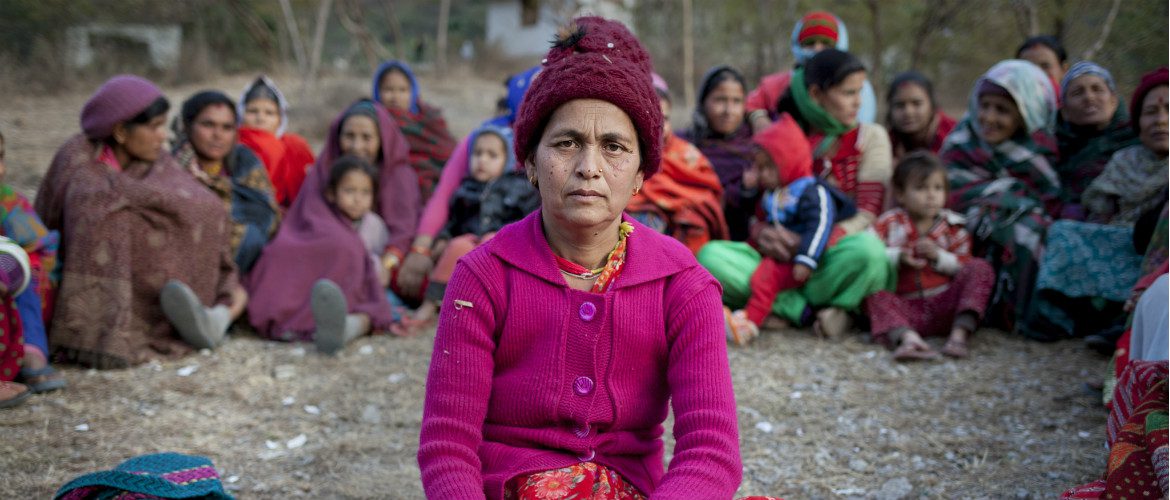
In Darchula, in Far West Nepal, a group of women sit atop a hill surrounded by magnificent Himalayan peaks. These women live in the same village and they share the same struggle: water.
In this region of Nepal water is extremely scarce. Nearly 3 in 4 people do not have access to clean water. Instead they survive on dirty water, which is difficult to source and unsafe to drink.
The water crisis in Nepal is so acute that this group of women came together to form a committee. They gather to campaign for clean water to be brought to their village. Their meetings are also a place where they share their concerns about water, and comfort each other when times are especially tough.
The chairperson of the committee, Uttara, says that sometimes they just cry.
“The whole committee of women are so sad and sometimes we cry because there is no help,” Uttara says.
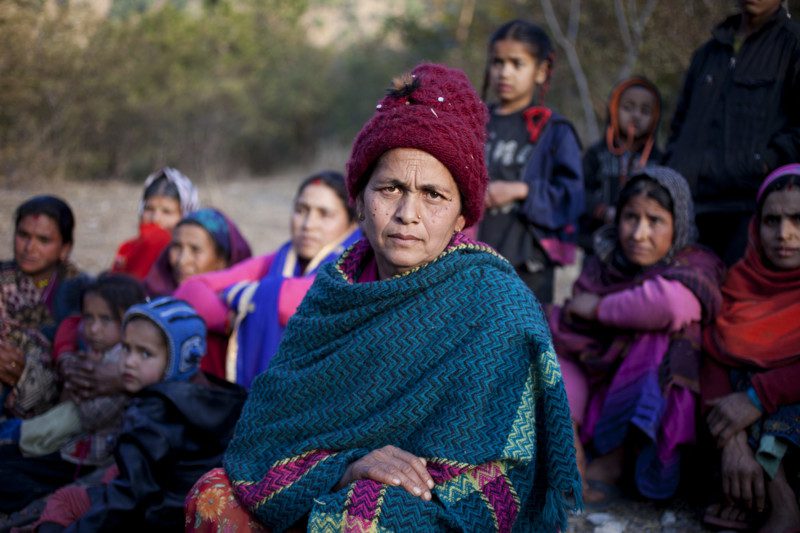
Uttara is the chair of a women’s group that campaigns for water to be brought to their village.
Uttara, a mother of four children, knows how difficult life is without clean water. At 43-years-old, she spends at least 12 hours a day collecting water.
Every morning she wakes up while it is still dark and begins the first of multiple trips to a faraway river — the only source of water for her village.
“I wake up early in the morning at four o’clock and then go for water, I carry a 20-litre jar. Then I make some food for the family, and after having a meal I then go to the forest for some firewood and for some grass for the animals.
“After that I go to collect water two more times. Then when the children come back from school, I go again for water. Because I have to collect water for the whole family — there is no-one else to collect the water — I have to collect it four to five times a day.
“It is one-and-a-half hours walk each way.”
The water from the river is not safe to drink. Uttara says that she and her family are often sick from drinking the water.
“We get sick two to three times a month because of water; it’s almost every week. We go hospital every time and it’s a two-hour walk to go to the hospital.
“In the past we have heard about children dying from the water but much more often, children get sick with things like a fever and cold and all of those kinds of diseases.”
In Far West Nepal nearly 92% of children fall ill with waterborne diseases, such as diarrhoea, due to drinking dirty water.
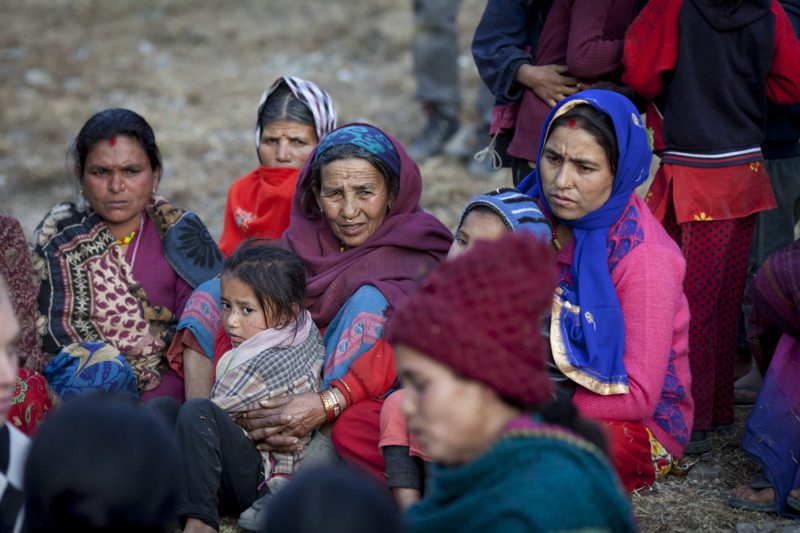
Members of the women’s group in Darchula
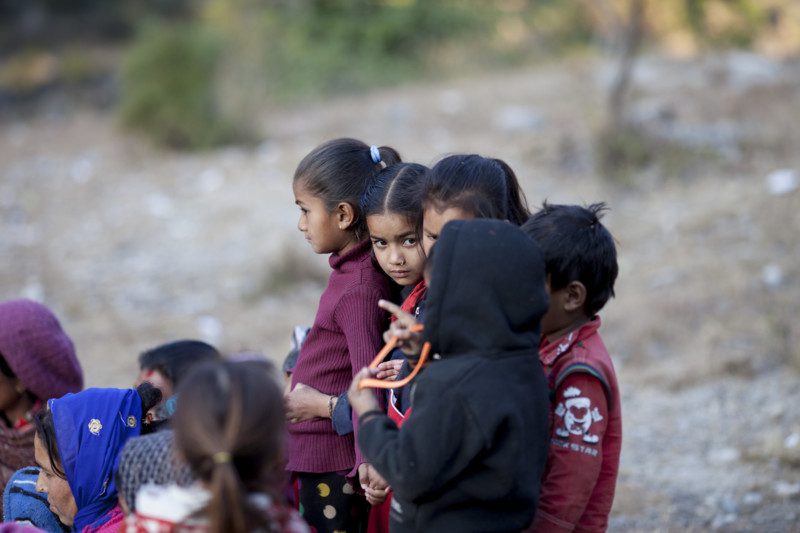
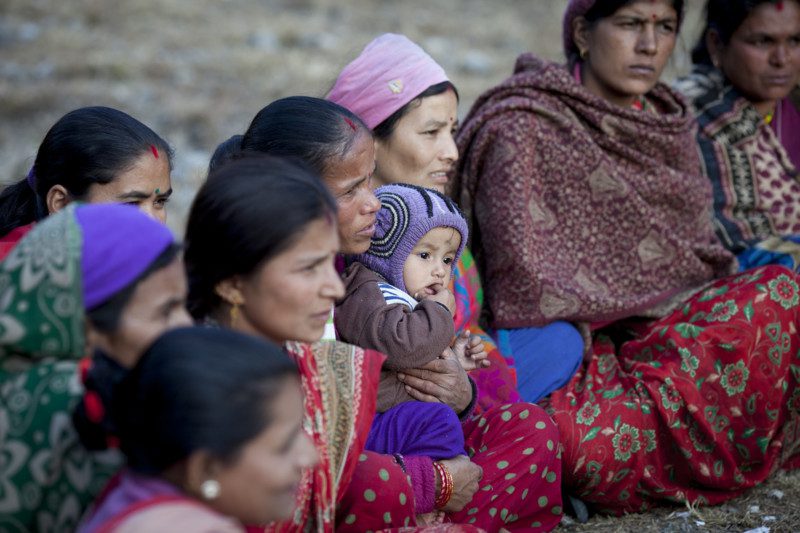
The one thing the women in this community need is clean water. This would make their children healthier and it would also free up the many hours in their day that they would otherwise spend on collecting water.
“For things to be better and different, we just need water. If we had water taps on our homes that would very helpful for us to be able to focus on other things. We waste our time by collecting water for the whole day, that’s why water is the main problem here,” Uttara says.
“We only need water.”
No family can thrive without clean water. That’s why Oxfam is on the ground in Nepal, working to provide clean water for people like Uttara and the women in her committee. But we can’t do this work with you.
Please support our urgent efforts to give clean water to families in Far West Nepal.
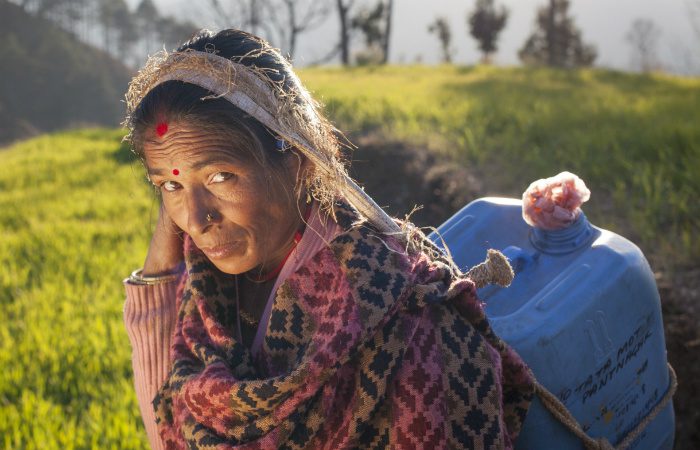
Donate to help give clean water in Nepal
Your donation is essential to help Oxfam provide vital clean water to families in Nepal.
Photos: Abbie Trayler-Smith/OxfamAUS